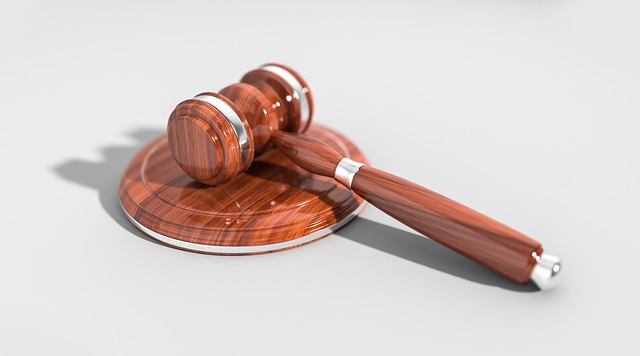Title: Judicial Impeachment: Safeguarding the Bench's Integrity
The delicate balance of power within the American judicial system hinges on the integrity and competence of its judges. While lifetime appointments offer stability, they also necessitate a mechanism for addressing misconduct. Judicial impeachment, a rarely invoked yet crucial process, serves as the ultimate check on judicial authority. This article delves into the intricacies of judicial impeachment, exploring its historical context, procedural nuances, and contemporary relevance in maintaining public trust in the judiciary.

The Impeachment Process for Federal Judges
The impeachment process for federal judges mirrors that of other high-ranking government officials. It begins in the House of Representatives, where articles of impeachment are drafted and voted upon. If a simple majority of the House approves the articles, the case moves to the Senate for trial. A two-thirds majority in the Senate is required for conviction and removal from office. This high threshold underscores the gravity of the process and the importance of preserving judicial independence.
Grounds for Judicial Impeachment
While the Constitution provides a broad framework for impeachable offenses, the interpretation of high crimes and misdemeanors has evolved over time. In the context of judicial impeachment, grounds have included corruption, abuse of power, incompetence, and egregious misconduct both on and off the bench. The Judicial Councils Reform and Judicial Conduct and Disability Act of 1980 further clarified the standards for judicial conduct and established a formal complaint process for allegations of misconduct.
Notable Cases of Judicial Impeachment
Throughout U.S. history, only 15 federal judges have been impeached by the House of Representatives, with eight convicted by the Senate. The first successful impeachment and conviction occurred in 1804 with Judge John Pickering, removed for drunkenness and unlawful rulings. More recent cases include Judge Walter Nixon in 1989, impeached for perjury, and Judge Thomas Porteous in 2010, removed for accepting bribes and making false statements under oath. These cases serve as stark reminders of the consequences of judicial misconduct and the importance of the impeachment process in maintaining the integrity of the judiciary.
Challenges and Controversies in Judicial Impeachment
The rarity of judicial impeachments reflects both the general integrity of the federal judiciary and the high bar set for removal. However, this infrequency has also led to debates about the effectiveness of the process in addressing less severe forms of misconduct. Critics argue that the current system may be too cumbersome to address patterns of bias, incompetence, or ethical lapses that fall short of criminal behavior. Additionally, the political nature of the impeachment process raises concerns about potential abuse for partisan purposes, potentially undermining judicial independence.
Alternative Mechanisms for Judicial Accountability
Recognizing the limitations of impeachment, the judicial system has developed alternative mechanisms for addressing misconduct and promoting accountability. The Judicial Conduct and Disability Act empowers circuit judicial councils to investigate complaints and impose disciplinary measures short of removal, such as public reprimands or suspension of case assignments. Additionally, many states have adopted judicial conduct commissions to oversee state judges, providing a more flexible approach to addressing ethical violations and misconduct.
The Future of Judicial Accountability
As public scrutiny of the judiciary intensifies, discussions about reforming the judicial accountability process continue. Proposals range from expanding the use of judicial conduct commissions to creating new mechanisms for reviewing lifetime appointments. The challenge lies in striking the right balance between accountability and preserving the independence essential to fair and impartial judging. As the legal landscape evolves, so too must the systems designed to safeguard the integrity of those who interpret and apply the law.






